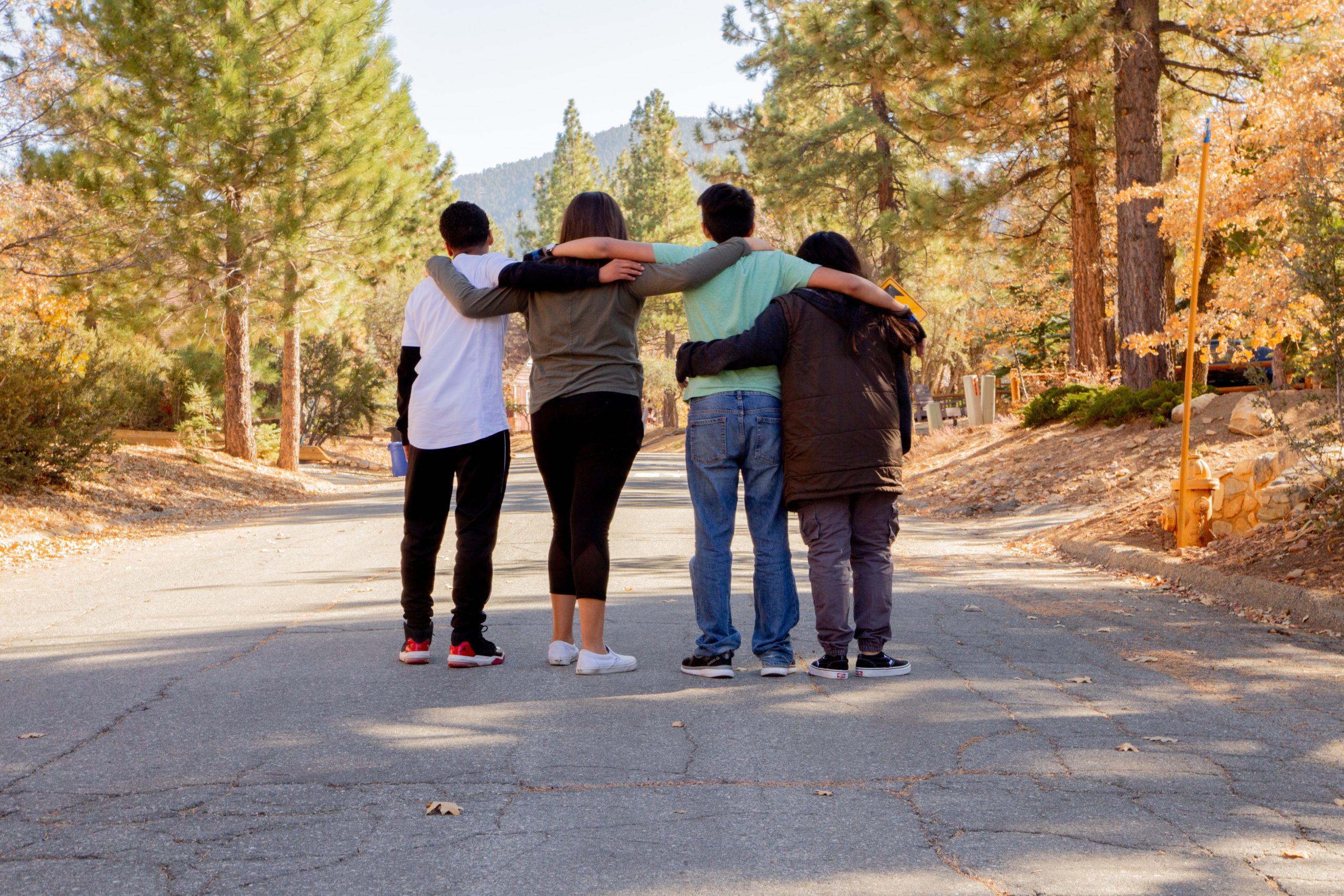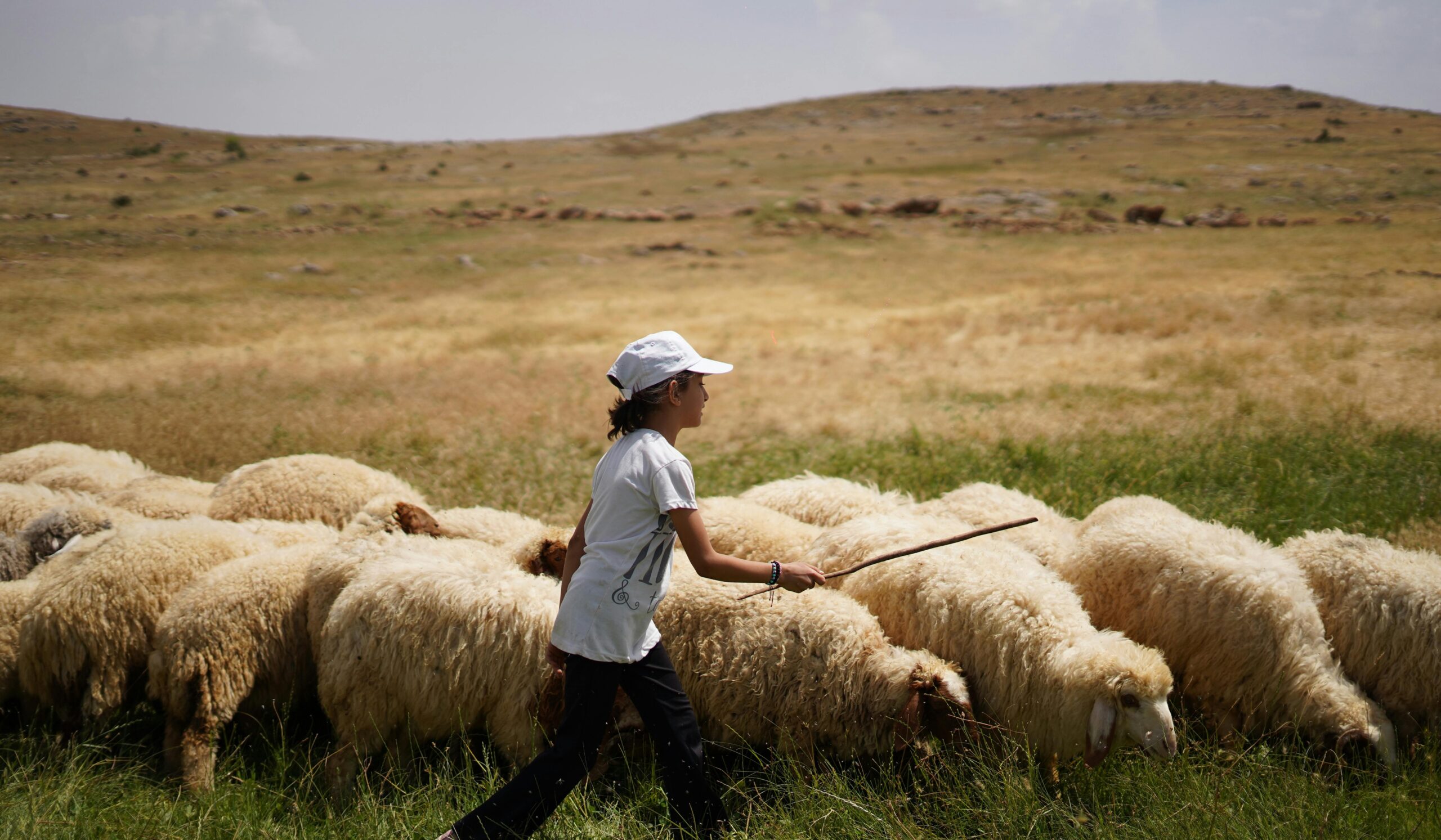
Four Ideas to Help Today’s Kids Delay Gratification
By Tim Elmore
One of the best decisions my parents made was during the summer of my eleventh year. I begged them to let me go to Bobby Leonard’s Sports Camp, one state over, and three hours away. I pestered them long enough to convince them it was a good idea.
My parents dropped me off on Sunday and were expected to pick me up the following Saturday. The place was beautiful, with baseball diamonds, basketball courts, and football fields. At first it looked like heaven, but by Monday night, I was begging my mom and dad to let me come home.
I was homesick.
My parents handled this problem brilliantly. They listened to my complaint, empathized with my feelings, even recalled times when they felt homesick as kids. Then, however, they didn’t merely acquiesce. They told me that before they drove three hours to rescue me, I should give it another day or two. We could talk once each night, but they wisely taught me that learning to power through negative emotions was good for my growth. They said if I felt the same way on Wednesday—they’d drive over to get me.
Whew! We met in the middle. I had a game plan for a solution, but I also had the opportunity to grow. And that’s what happened. By Wednesday, our phone conversation was different. I had made some friends, enjoyed the daily competitions, and loved the laughter at nighttime in our bunks. I ended up staying.
Everyone won because my parents didn’t surrender to me. Instead, they taught me.
We’re Living in a Different Day
I spoke to the Executive Director of a summer camp in August. The summer was over and so were the weeklong camps. The summer felt long because his patience fell short. When I asked what made this summer so hard, his answer surprised me.
This director was most concerned about the number of campers who left early.
A disproportionate number of kids had requested and received an early departure. They were rescued by parents. Why? One camper complained that a cabin-mate told her the shampoo she used was a bad brand. She felt bullied. Another camper wanted to come home because a fellow camper said she shouldn’t wear “that” shirt with “those” shorts. It hurt her feelings. Still another complained that fellow campers didn’t share their hammock one afternoon.
In each case, parents swooped in to save the day.
My question is: Are caring adults often part of the reason young people aren’t learning problem-solving skills, resilience, and resourcefulness? Do we sabotage delayed gratification? Could it be that grit and growth are stunted because we risk too little and we rescue too quickly?
Cultivating Growth and Grit in Today’s Students
From a biological standpoint, a teenager’s brain is bit of a train wreck. First, it’s low in myelin, the coating that allows various regions to communicate with one another. Next, the prefrontal cortex is developing at warp speed, so topics that a child once took for granted—like believing their parents know what they’re talking about—now seem ripe for reevaluation. Finally, in addition to acting on seemingly every impulse, a teen is programmed to break away from their parents. This is natural and healthy, but that doesn’t make it any easier for a parent or teacher.
We want to rescue. We are nurturers. We want them to be comfortable, safe, and happy. But we must teach them to be resilient too.
Four Ideas to Teach Delayed Gratification
1.Follow the 48-hour rule.
This combats the urge to impulse buy or to react to something in the heat of the moment. It’s wise for students to follow the 48-hour rule, which means they delay a purchase or a reaction for two days if it’s non-essential. Waiting almost always helps kids restore a sense of logic to their minds and calms their emotional reactions. David’s son Nick asked him to buy a portable device one day, but David was trying to build in him an ability to delay gratification. So, David bought the device, but told Nick he’d hold on to it so his son could pay installments on it. This was a longer wait than 48 hours, and it built in Nick an incredible skill to wait gratefully for what he received.
2. Invite a confidant to hold them accountable.
gain an ability to delay gratification when I invite accountability in my life. Each year, I find people I respect and trust deeply to confide in. As I talk over the choices in front of me, I know my accountability partner will be honest with me about my artificial rationale. Author Jonathan Haidt says our brains work like a rider on top of an elephant. The rider is our rational mind; the elephant is our subconscious impulses. Although the rider tells the elephant where to go, the elephant is larger and tends to go wherever it wishes. At this point, the rider rationalizes a poor decision to make it feel logical. Confidants spot this, and can hold students accountable.
3. Make the uncomfortable choice.
Emotions can be unpredictable, but they’re connected to our decision-making. Humans are wired to find shortcuts, to seek pleasure, and to find the path of least resistance. We naturally look for comfort zones. To deepen their grit, challenge teens to choose the less comfortable path when faced with a fork in the road. To be honest, I notice I tend to do easy, quick, or fun things first rather than first things first. If teens do what is hard, not what is easy, they’ll find their grit expands. If they’ll embrace the uncomfortable, it will soon become more comfortable.
4. Think long-term, think big picture, finish what you start.
I can delay gratification if I think about what’s best for my long-term future. When I think about what I want down the road, I find it easier to see a larger vision. I’m wiser when facing hardships. Kids must not give up what they want most for what they want now. My wife and I had our kids choose one activity each season and finish it. Setting and completing a goal is a surefire way to delay gratification. I have found the further out we can see, the better the choice we’ll make.
NBA legend Lebron James is doing something I assumed was not possible. He’s attempting to be an assistant coach of his sons’ high school basketball team. He’s not doing this to intrude on the boys’ lives. He’s doing it to stay involved in their teenage years and to ensure they work hard when they might be given a break because of their last name. He’s sitting at the end of the bench, grabbing water or towels for the players during timeouts, and cheering them on. At practice, however, he’s working to make sure they’re building grit. I love this goal. We must stay involved in students’ lives not to rescue them, but to prepare them for a successful life.






